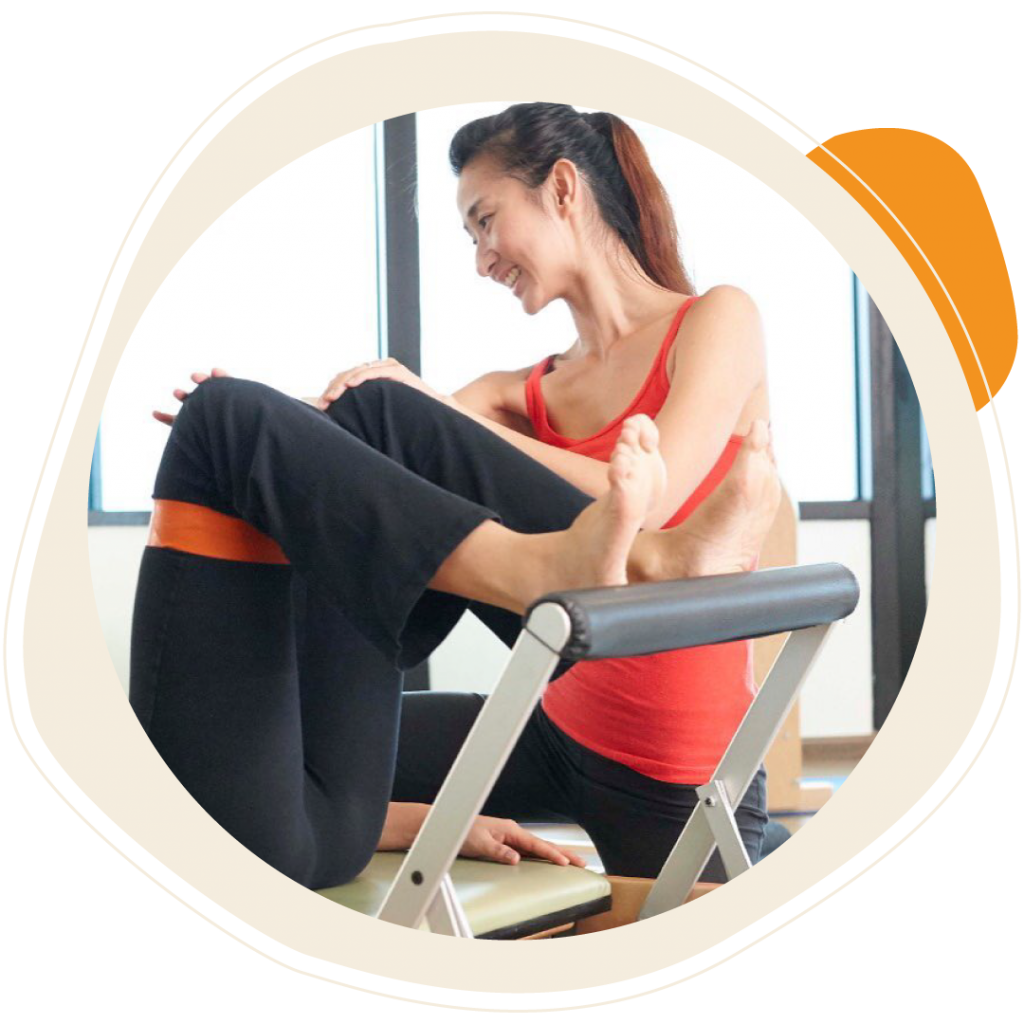Knee pain can be debilitating, affecting people of all ages and lifestyles. Whether it’s due to injury, arthritis, or overuse, the discomfort can significantly impact daily activities. However, there’s hope for relief through physiotherapy for knee pain. Physiotherapy offers tailored treatments to address the root causes of knee pain, promoting healing and restoring functionality, ultimately leading to pain-free living.
Understanding Knee Pain
Knee pain stems from various factors, including injuries, degenerative conditions, and overuse. Injuries such as ACL tears or meniscus injuries are common among athletes and active individuals. Degenerative conditions like osteoarthritis can cause gradual deterioration of the knee joint, leading to chronic pain. Overuse injuries, such as tendinitis, often result from repetitive movements or excessive strain on the knee joint. Physiotherapy for knee pain aims to address these underlying issues through targeted interventions.
The Role of Physiotherapy in Knee Pain Management
Physiotherapy encompasses a range of techniques designed to alleviate knee pain and improve function. Through manual therapy, exercise therapy, and modalities like ultrasound and TENS, physiotherapists target the affected area, reducing pain and inflammation while promoting healing. Unlike passive treatments, physiotherapy empowers individuals to take an active role in their recovery, enhancing long-term outcomes for knee pain management.
Key Physiotherapy Techniques for Knee Pain
Manual therapy techniques such as joint mobilizations and soft tissue manipulation help restore mobility and reduce stiffness in the knee joint. Exercise therapy focuses on strengthening muscles around the knee, improving stability and reducing the risk of future injuries. Modalities like ultrasound and TENS provide additional pain relief and promote tissue healing, complementing other physiotherapy interventions for comprehensive care.
Creating a Personalized Physio Plan
During the initial assessment, physiotherapists evaluate the individual’s condition, including the severity of knee pain, range of motion, and functional limitations. Based on this assessment, a personalized treatment plan is developed, incorporating specific goals and interventions tailored to the individual’s needs. Regular progress assessments ensure that the physio plan is effective and adjusted as needed to optimize outcomes.
Complementary Strategies for Knee Pain Relief
In addition to physiotherapy interventions, lifestyle modifications can further support knee pain relief. Maintaining a healthy weight reduces excess stress on the knee joint, while practicing good posture and ergonomics minimizes strain during daily activities. Nutrition also plays a crucial role, with a diet rich in anti-inflammatory foods supporting joint health. Supplements like glucosamine and omega-3 fatty acids may complement physiotherapy for enhanced pain management.
Takeaway
Physio for knee pain offers a holistic approach to pain management, addressing the root causes of discomfort while promoting healing and restoring function. By incorporating manual therapy, exercise therapy, and complementary strategies, individuals can reclaim their mobility and enjoy a higher quality of life. If you’re struggling with knee pain, don’t hesitate to seek professional help from a physiotherapist. Together, we can harness the power of physiotherapy for pain-free living.











